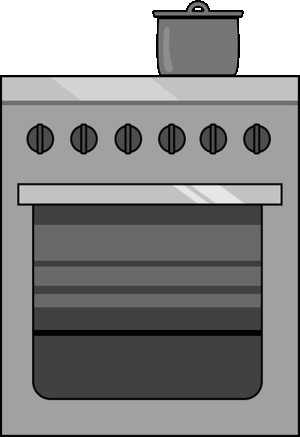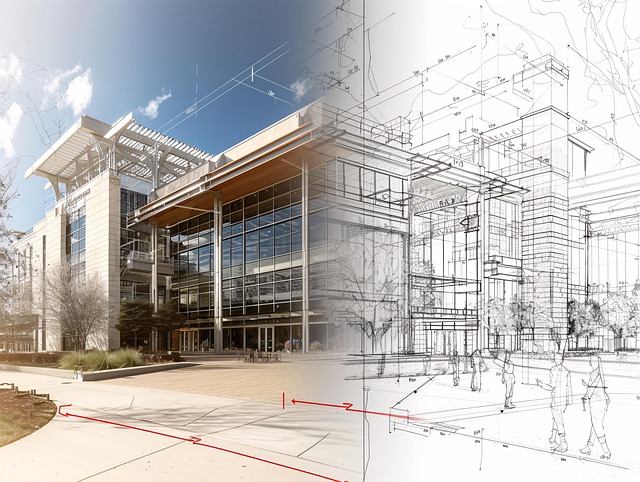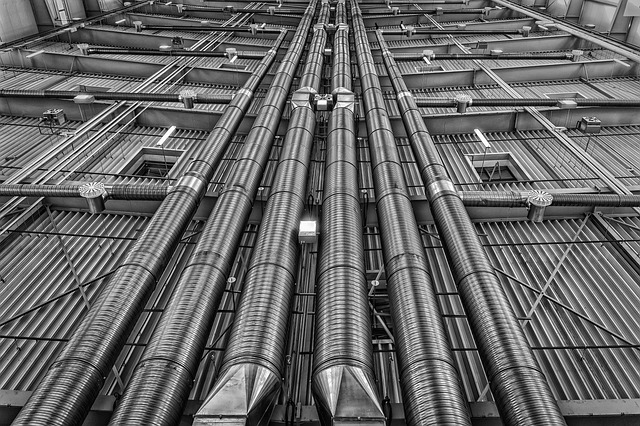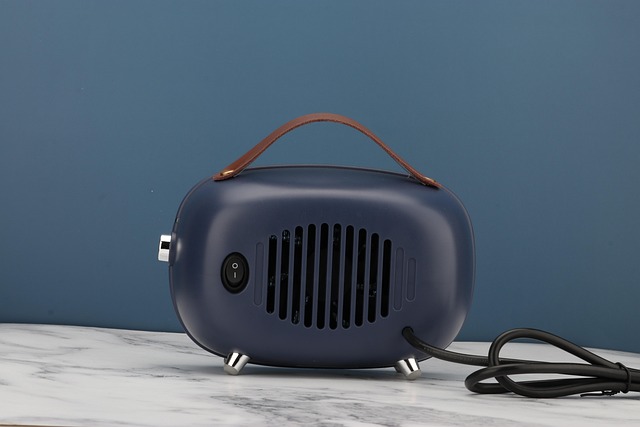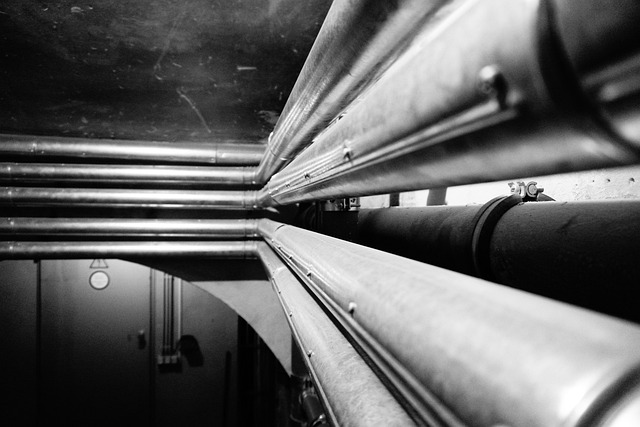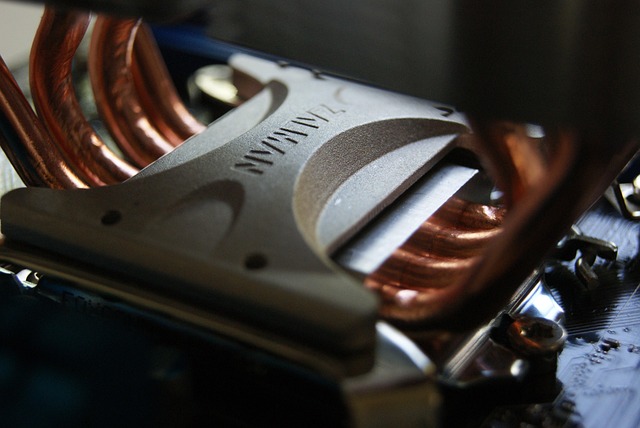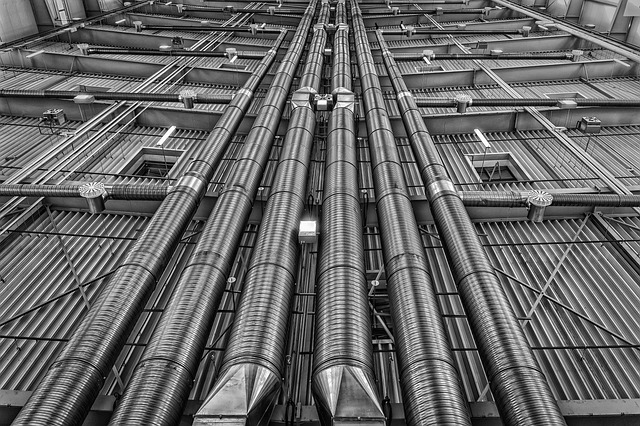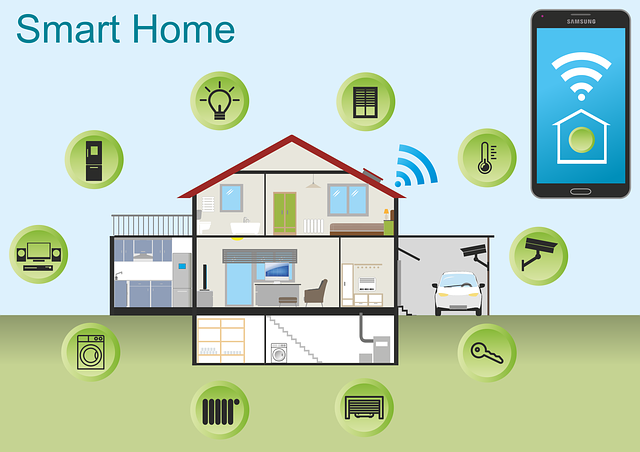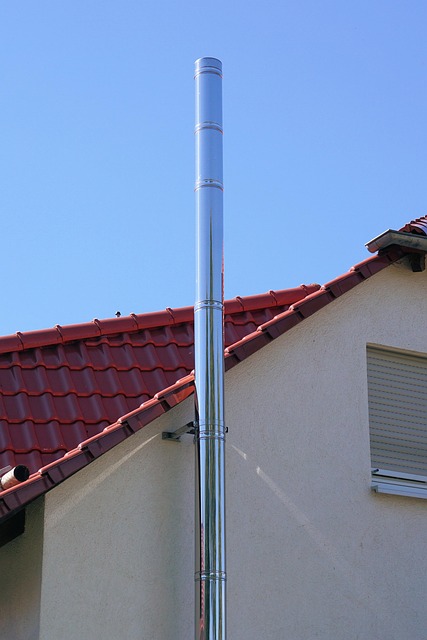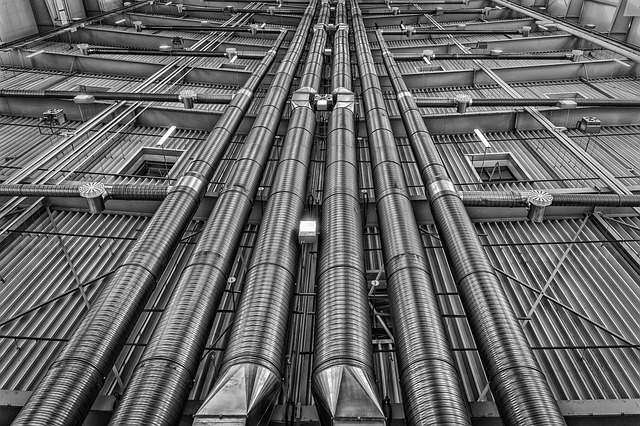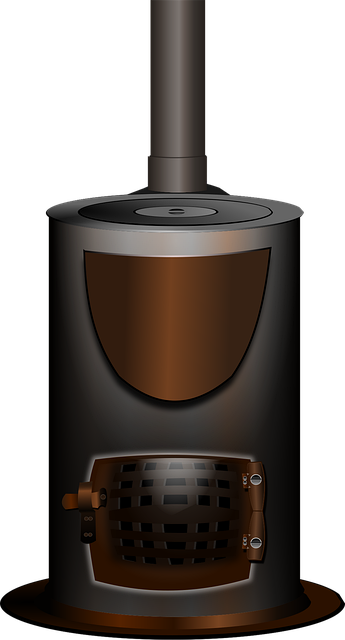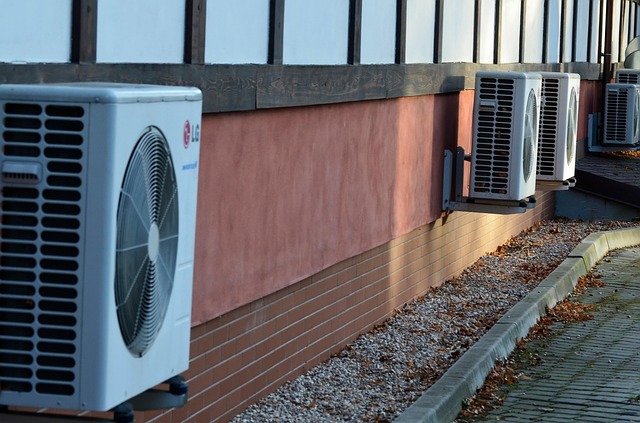Electric combination boilers, tankless and compact, integrate renewable sources like solar or wind for residential heating and hot water, reducing energy waste, lowering carbon emissions, and offering precise control. This sustainable approach, aligning with global trends, enhances efficiency, reduces costs, and contributes to achieving net-zero energy consumption, crucial for combating climate change.
“Explore the future of sustainable heating with eco-friendly electric combination boilers, a game-changing technology in the shift towards green energy. This article delves into the innovative integration of renewable sources with electric combination boilers, offering an efficient and environmentally conscious solution for heating needs.
We’ll uncover how these systems work, highlight the benefits they bring, and discuss their promising future prospects, making them a top choice for eco-conscious households.”
- Understanding Eco-Friendly Electric Combination Boilers
- Integrating Renewable Energy Sources
- Benefits and Future Prospects of Green Heating Systems
Understanding Eco-Friendly Electric Combination Boilers

Electric combination boilers, also known as combi boilers or direct conditioning heaters, are compact, all-in-one central heating and electric hot water heating systems. They offer a highly efficient solution for residential electric heating, eliminating the need for separate water heaters and radiators. By integrating renewable energy sources like solar panels or wind turbines, these electric combi boilers can further enhance their eco-friendliness, making them a popular choice among environmentally conscious homeowners.
These tankless electric boilers are designed to provide instant hot water and space heating without the storage capacity of traditional systems. This not only reduces energy wastage but also contributes to lower carbon emissions. The combination heating systems offer precise temperature control, ensuring optimal comfort while minimizing energy consumption. For residential electric heating, electric combi boilers are an excellent option for those seeking sustainable, modern, and energy-efficient solutions.
Integrating Renewable Energy Sources

Integrating renewable energy sources into electric combination boilers offers a sustainable and efficient solution for residential and commercial space heating systems. By harnessing power from renewable resources like solar, wind, or biomass, these tankless electric boilers can significantly reduce carbon emissions associated with traditional electric central heating. This approach aligns with the global shift towards more energy-efficient and environmentally friendly technologies, making it an attractive option for those seeking to minimize their ecological footprint.
The integration process involves sophisticated systems that capture and convert renewable energy into usable forms for electric combi boilers. For instance, solar panels can generate electricity for direct use or storage, while biomass furnaces can provide a consistent heat source. These renewable components complement the existing infrastructure of combination heating systems, enabling them to deliver hot water and space heating efficiently. Moreover, residential electric heating consumers can benefit from lower energy costs and enhanced sustainability, as they contribute less strain on the grid and reduce their reliance on fossil fuels with every use of their compact boiler systems.
Benefits and Future Prospects of Green Heating Systems
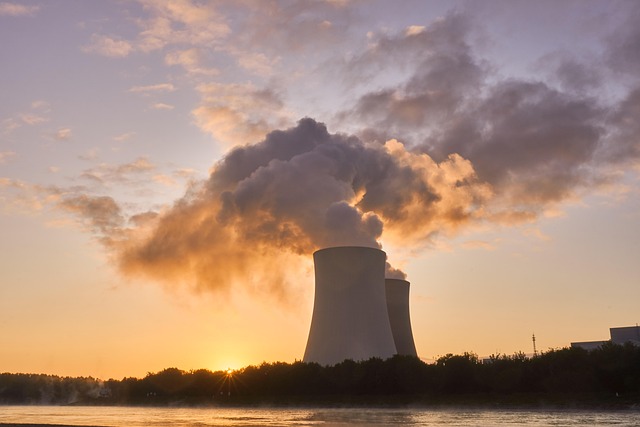
The adoption of eco-friendly electric combination boilers, also known as electric combi boilers, represents a significant step forward in sustainable energy practices. These advanced heating systems offer numerous benefits, especially when integrated with renewable energy sources. By utilizing renewable energy for both space heating and electric hot water heating, residential electric heating becomes significantly more efficient and environmentally friendly. Electric combi boilers are compact, tankless electric boilers that eliminate the need for traditional storage tanks, further enhancing their energy efficiency. This technology not only reduces carbon emissions but also lowers energy bills for homeowners.
Looking ahead, the future of green heating systems appears promising. Combination heating systems, including electric central heating and electric HVAC boilers, are expected to play a pivotal role in the transition towards net-zero energy consumption. As concerns over climate change grow, there is an increasing demand for energy-efficient boilers that minimize environmental impact. The integration of renewable energy with these compact boiler systems will foster a more sustainable future, ensuring cleaner and greener spaces for generations to come. This shift towards eco-friendly solutions in residential electric heating is not just a trend but a necessary evolution to combat global warming and preserve our planet’s resources.
Electric combination boilers, with their ability to provide both hot water and space heating while integrating renewable energy sources, represent a significant step towards sustainable home heating. By leveraging green energy technologies, these eco-friendly systems offer numerous benefits, including reduced carbon footprints, lower energy costs, and improved comfort. Looking ahead, the future of green heating systems appears promising, with continued advancements in technology set to make them even more efficient, accessible, and affordable. This shift towards sustainable heating solutions is not just an environmental imperative but also a practical step toward a greener, more resilient future for all.

